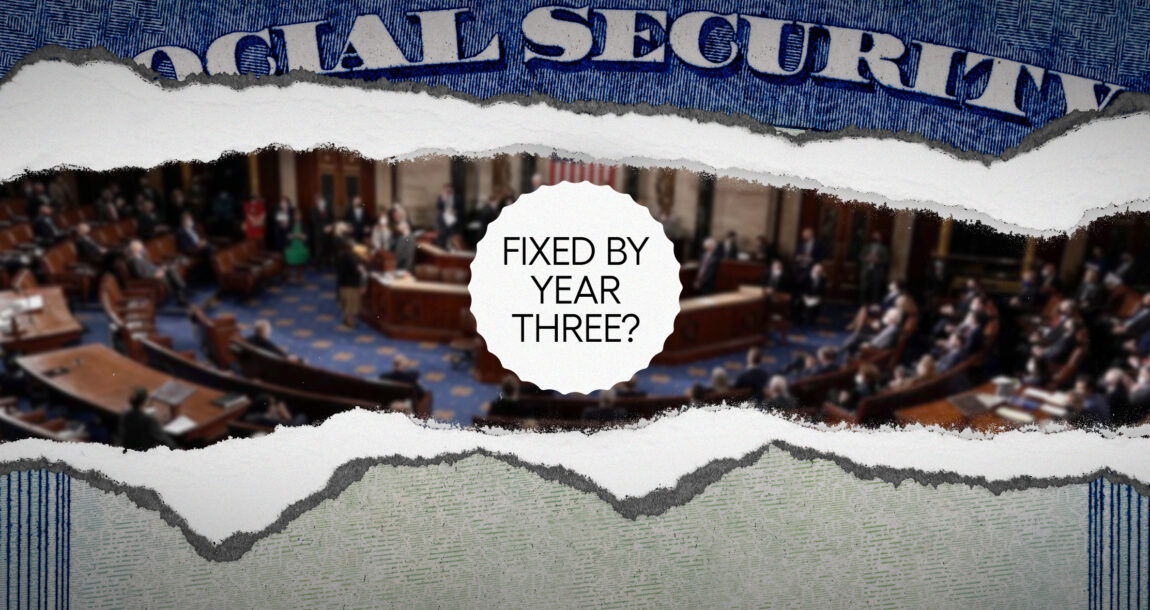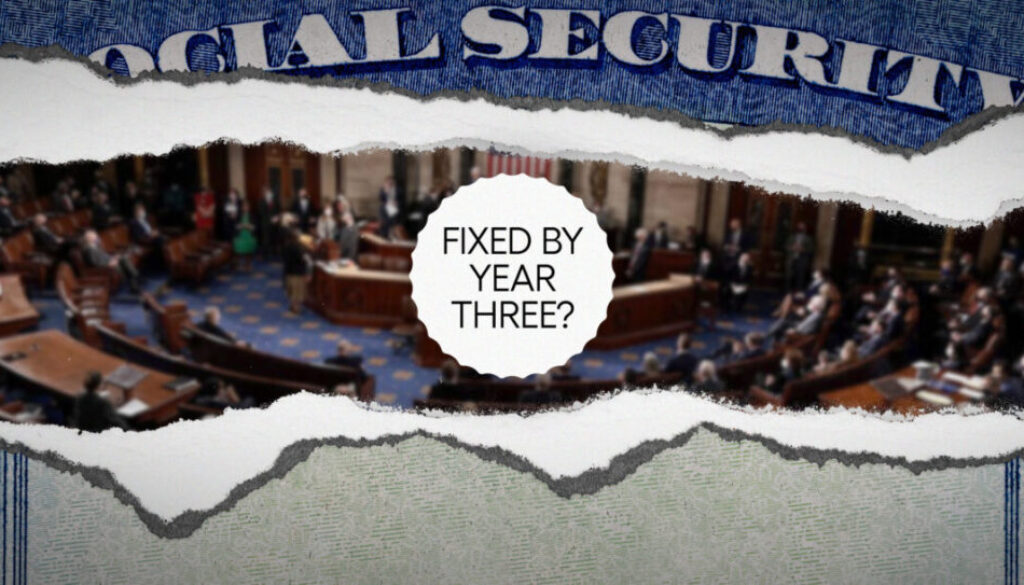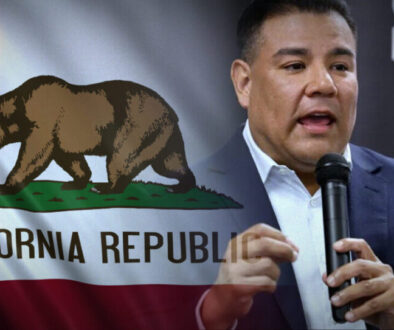Social Security fix unlikely until at least year 3 of Trump agenda, say analysts

Donald Trump will move into the White House on January 20 seemingly with a mandate to go big and bold. After all, he doesn’t have to worry about re-election.
And he’ll have a Republican-controlled Senate and House to carry out his policies.
However, despite his political capital and those advantages, don’t expect the Trump team to prod Congress to tackle the looming Social Security problem anytime soon. If at all.
The issue is just unpopular enough to delay until a legislative correction is unavoidable, said Brad Campbell, partner with Faegre Drinker Biddle & Reath.
“We should be addressing it this year,” he said during DBR’s Inside the Beltway webinar Thursday. “So far, we’ve heard crickets and I suspect we’re going to hear crickets for the next two years. I think if this issue gets addressed, it won’t be seriously considered, probably until … year three.”
Unless Congress acts, Social Security’s primary trust fund will be depleted in 2033, according to a 2024 report by the trustees. When that happens, each beneficiary will see their benefit cut immediately by 21%.
Lawmakers have known for decades that Social Security’s finances are unsustainable. The program will be an estimated $23 trillion short over the next 75 years, a gap between projected inflows and benefit payments that continues to grow. Yet, the last major adjustment to the Social Security program came in 1983, when Congress addressed both short-term financing needs and long-term challenges.
‘I’m not optimistic’
When a Social Security bill eventually passes, Campbell expects Congress to follow its traditional defer-and-delay approach to tough decisions.
“They’re probably going to do what they have done in the past, which is raise taxes a little, lower benefits a little, stretch things out a little for … younger workers and come to some way to kick the can down the road another 20 years,” he said. “But I’m not optimistic anyone’s going to do anything on [Social Security].”
Social Security is funded through a payroll tax of 6.2% paid by both employers and employees (for a combined 12.4%) up to a certain level, known as the taxable maximum. Self-employed workers pay the full 12.4% tax. The SSA adjusts this limit annually to keep pace with the average wage index. In 2024, earnings up to $168,600 are subject to the Social Security tax.
Campbell’s longtime webinar partner, Fred Reish, partner with Faegre Drinker Biddle & Reath, agreed that there is “no basis for any kind of a good prediction right now.”
“There are only three things that can be done,” Reish explained, “benefits can be reduced, taxes can be increased and retirement dates can be moved out. That’s it. It’s pretty easy to solve a problem that only has three parts to it, but the political will to do it probably isn’t there in the near future.”
Trump = fiduciary death?
On the Department of Labor front, industry lobbyists are again hopeful that a Trump administration will mean the end of a push to extend fiduciary status to all sales of retirement products.
Not so fast, Campbell warned.
He reminded listeners of the similar sequence of events following Trump’s 2016 election victory. The Obama-era fiduciary rule was in the midst of a lawsuit then and was eventually tossed out by the Fifth Circuit Court of Appeals. The Trump team just stopped defending that rule.
However, the Trump DOL replacement rule that emerged in 2020 re-interpreted retirement plan rollover advice as fiduciary advice, Campbell noted. The Biden administration liked that interpretation and allowed it to stand while the DOL wrote another rule.
The current Retirement Security Rule again attempts to extend fiduciary duty to most sales of annuities and other retirement plan products. It has been stayed by two Texas judges and will likely be struck down, Reish predicted.
It’s anybody’s guess what happens next. The fiduciary issue does not rise to a level that Trump or his immediate advisors pay it much heed, Campbell said.
“I just want people to recognize it’s not as simple as ‘Trump wins, fiduciary rule dies,'” he added. “It’s probably more like ‘Trump wins, long pronounced, drawn-out court fight over fate of Biden fiduciary rule.’
“The Trump administration may do something related but different. We just don’t know.”
© Entire contents copyright 2024 by InsuranceNewsNet.com Inc. All rights reserved. No part of this article may be reprinted without the expressed written consent from InsuranceNewsNet.com.
The post Social Security fix unlikely until at least year 3 of Trump agenda, say analysts appeared first on Insurance News | InsuranceNewsNet.





